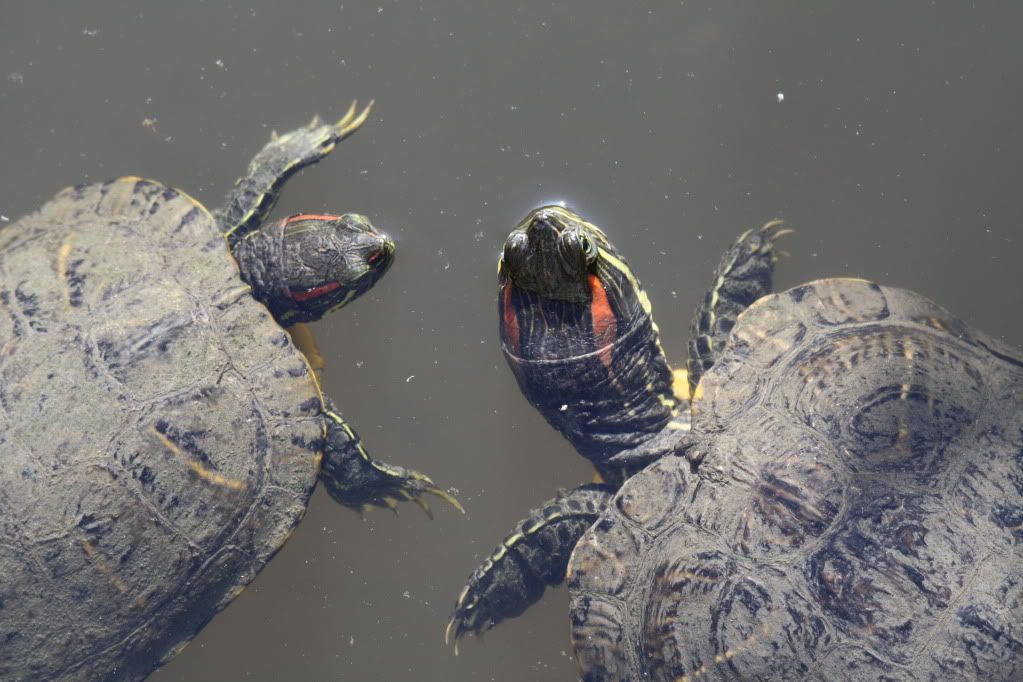 |
| Once I was a boy/An innocent to life and my role in it |
The tea world is a fascinating one for countless reasons, and one aspect I've found continually intriguing as the years pass by is the relationship between the rapid increase in the availability and variety of better quality tea and the rapid increase in tea information and discussion available to the non-Asian world. Both increases, I think it's safe to say, have been largely facilitated by the the internet--e-commerce and information exchange/blog/forum advancements have simultaneously occurred across all corners of the online world and the tea industry has developed accordingly. Not to say that good tea wasn't available before 2003 or 2004 or that there weren't people outside Asia becoming tea aficionados before that time, but it's undeniable that, in the intervening years, high-quality tea and interest in it have become much more widespread.
It's now the case that, with a simple internet search, someone who develops an interest in tea can access a wealth of online sources for tea vendors as well as a load of user-generated content pertaining to that tea. Every day, new people encounter good tea, and very often they look to their "elders" in the online community for guidance, advice, recommendations, and examples to follow (just like any other social situation). Funny thing is, most of the "elders" of the online tea community have only been heavily interested in tea for less than 10 years--for most, it's been five or less. And yet, you don't have to look far online to read someone's sage advice based on "years" of experience, someone's opinion about the "old" days, or the subtle implication that tea was somehow more special five years ago than it is now. Here the narcissism of small differences becomes particularly apparent--somehow just one more year of tea drinking can change someone from a bandwagon-jumping latecomer to a wizened clifftop tea sage whose relationship with tea is closer than anything you'll ever achieve in your lifetime because you started drinking tea in 2010.*
 | |
| "Well, I've been drinking pu-erh since 2007." "A pity--pu-erh was so much better in 2006." |
Thinking empathetically, a ruffled-feather reaction is understandable--I'm sure in 2006 the (always) exciting experience of getting to know good tea had more of an underground feel, since it was in many ways undiscovered territory, and the much smaller community of tea-discoverers undoubtedly felt a special "indie" feeling that isn't quite as possible today. The increasing arrival of more and more tea-chasers likely inspired a bit of resentment for the reduction of that feeling of exclusivity--we have to remember, though, that no matter how much you've learned and how long you've been into tea, there's someone out there (whether they're vocal online or not) who knows more and has more experience than you do. Over the past several months, I've wondered quite a bit about the quantifiable benefits that do or do not come with varying amounts of the experience for which so many fledgling tea hobbyists are clearly hungry. As someone who has some professional experience, a few years of heavy tea drinking under my belt, and very little desire to be considered an authoritative source on tea, allow me to humbly suggest that experience has little intrinsic value and has as much or more potential to limit your enjoyment of tea than it does to enhance it.
I've tried to make it the subtext of most things I've written on this blog, but I'll come right out and say it--I'm a relativist when it comes to tea (and most things, really). I believe that each person's experience of tea is individual and equally valid, and that personal taste and the innumerable other factors that come together in a finished cup of tea make a categorical distinction between "good" and "bad" tea difficult and even meaningless. I probably won't make any friends by saying this, but I'm also a little suspicious that "qi" is more often than not a mechanism whereby tea drinkers can describe their experience with a tea as more special than someone else's (qi is really another subject though). What I find most troubling is that, both in real life and online, it often seems that the more experience someone has with tea, the more reactionary and inflexible their approach is. More often than not, when I hear someone describe a certain tea as categorically "bad," or a processing method as "wrong," it's coming from someone whose supposed experience with the scattershot world of tea should rightly have taught them that such ham-fisted dualistic distinctions are illusory. Don't get me wrong--experience and its transmission can be quite helpful when it comes to familiarizing newcomers with different tea preparation methods, suggesting reliable online vendors, and recommending teas based on shared tastes, but I've too often seen people become prisoners of their own experience and take others' experience as the only way.
 |
| The narcissism of small differences. |
In addition to this almost hubristic attitude toward tea brewing, I've also noticed in experienced tea drinkers an overconfidence in their palates' abilities. Perhaps my tea brewing skills are less consistent than my more experienced peers', or my palate is less discerning and more fickle than theirs, but I find that it often takes several sessions with a tea before I even begin to understand its characteristics, and that any number of different factors can affect how a tea tastes to me. In my opinion, there's nothing wrong with that. Some people I've shared tea with have demonstrated a remarkable faith in their infallible sensory ability to discern "quality" or lack thereof in a tea they're tasting, when I think it's reasonable to experiment with a tea several times before handing down any edicts about its quality or whether or not its processing was "correct." Now, I'm not saying that every tea is great or that different processing methods don't produce teas with different characteristics, but rather that these things aren't black and white and that making an effort to let each tea speak for itself may yield surprising results. I'm certainly guilty of allowing my taste preferences to imply that oolongs of a certain (usually older) processing style are better, but really I think we'd all do well to remember that the long history of tea has been one not of catastrophic change but of gradualism, where changing fashions and popular tastes dictate an ever-changing variety of tea processing. Different processing methods are exactly that--different, not categorically better or worse.
While there is a sort of self-congratulatory joy in bashing nearly every tea you come across and at best describing a tea as "OK," a bit of suppleness and openness in your tea approach may actually result in more enjoyment of each tea session. When you start hollering about tea online in forums and blogs, it's easy to forget that lots of people are listening and that some of them are taking your words as gospel truth (something that we all know doesn't exist in the tea world). Rather than showing off experience as a final destination to be aspired to, at which tea brewing skills, tastes and knowledge are universally perfected, I think we all should strive to view experience as something to be continually tended with careful attention to the lessons that repeatedly ring true over time and the humility to approach each tea with a respect and an open-ended expectation that it will likely bring both enjoyment and learning, given the appropriate care and sensitivity of approach. I think that cultivating this attitude is potentially both personally rewarding as well as a more helpful way to convey experience of the exciting but messy world of tea to knowledge-hungry newcomers who will soon be adding experiences of their own to your infallible sage words of gospel truth.
*Emphasis added for effect. Authentic wizened clifftop tea sages, please smite me not!
